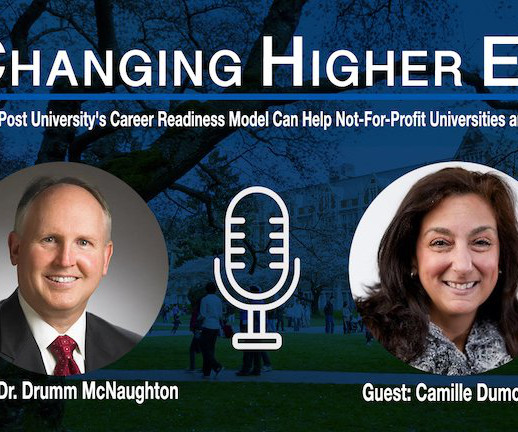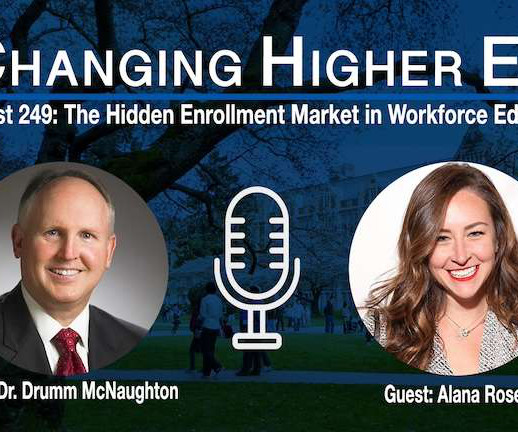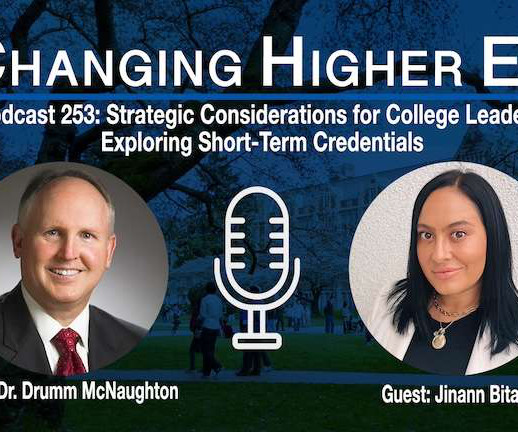How Data Drives Student Success
Diverse: Issues in Higher Education
APRIL 4, 2024
Students at LaGuardia Community College in Long Island City, NY. UNT and LaGuardia’s student centered, data-driven approaches are helping their students succeed in the classroom and beyond, offering considerable returns on their educational investment. Kenneth Adams, president of LaGuardia Community College.















Let's personalize your content